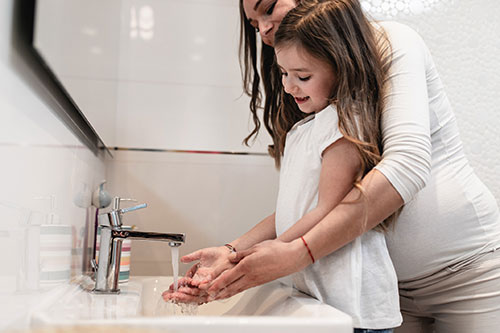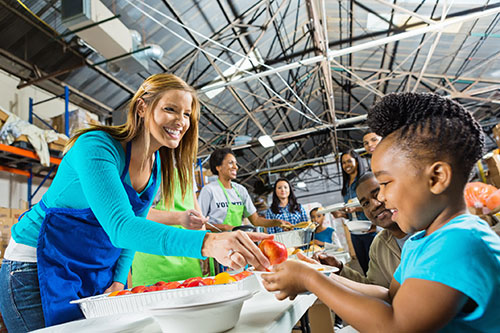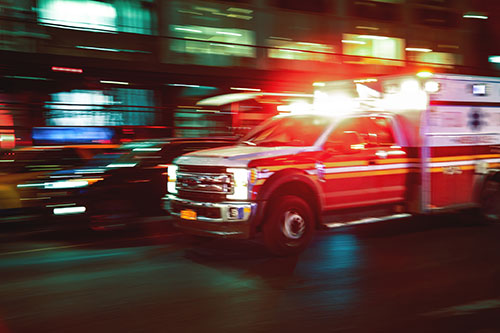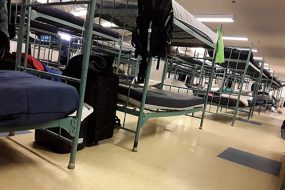Recommendations for Fully Vaccinated People
COVID-19 Homepage
RETIRED-Schools, Workplaces & Community Locations
Protect yourself and your community from getting and spreading respiratory illnesses like coronavirus disease 2019. Everyone has a role to play in getting ready and staying healthy.

CDC is aggressively responding to the global outbreak of COVID-19 and community spread in the United States. CDC’s “All of Community” approach is focused to slowing the transmission of COVID-19 and reducing illness and death, while minimizing social and economic impacts.
How to prepare and take action for COVID-19
Americans should be prepared for the possibility of a COVID-19 outbreak in their community. The community can take measures to reduce the spread of COVID-19.
Currently a vaccine or drug is not available for COVID-19. Community-based interventions such as school dismissals, event cancellations, social distancing, and creating employee plans to work remotely can help slow the spread of COVID-19. Individuals can practice everyday prevention measures like frequent hand washing, staying home when sick, and covering coughs and sneezes.
Decisions about the implementation of community measures will be made by local and state officials, in consultation with federal officials as appropriate, and based on the scope of the outbreak and the severity of illness. Implementation will require extensive community engagement, with ongoing and transparent public health communications.








